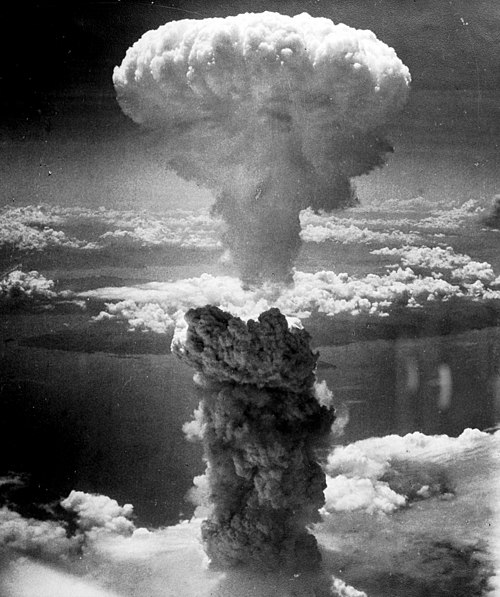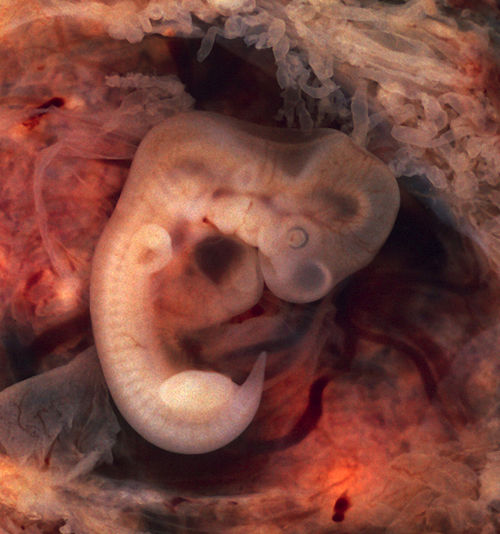Humanadjective
(notcomp) Of or belonging to the species Homo sapiens or its closest relatives.
Humanadjective
(comparable) Having the nature or attributes of a human being.
Humannoun
A human being, whether man, woman or child.
Humanverb
(rare) To behave as or become, or to cause to behave as or become, a human.
Humanadjective
Belonging to man or mankind; having the qualities or attributes of a man; of or pertaining to man or to the race of man; as, a human voice; human shape; human nature; human sacrifices.
Humannoun
A human being.
Humannoun
a human being;
Humannoun
any living or extinct member of the family Hominidae
Humanadjective
characteristic of humanity;
Humanadjective
relating to a person;
Humanadjective
having human form or attributes as opposed to those of animals or divine beings;
Humanadjective
relating to or characteristic of humankind
Humanadjective
of or characteristic of people as opposed to God or animals or machines, especially in being susceptible to weaknesses
Humanadjective
showing the better qualities of humankind, such as kindness
Humanadjective
of or belonging to the genus Homo.
Humannoun
a human being.
Human
Humans (Homo sapiens) are the most abundant and widespread species of primates, characterized by bipedality and large, complex brains enabling the development of advanced tools, culture and language. Humans are highly social beings and tend to live in complex social structures composed of many cooperating and competing groups, from families and kinship networks to political states.
Personnoun
An individual; usually a human being.
Personnoun
A character or part, as in a play; a specific kind or manifestation of individual character, whether in real life, or in literary or dramatic representation; an assumed character.
Personnoun
(Christianity) Any one of the three hypostases of the Holy Trinity: the Father, Son, or Holy Spirit.
Personnoun
Any sentient or socially intelligent being.
Personnoun
(in a compound noun or noun phrase) Someone who likes or has an affinity for (a specified thing).
Personnoun
The physical body of a being seen as distinct from the mind, character, etc.
Personnoun
(law) Any individual or formal organization with standing before the courts.
Personnoun
(law) The human genitalia; specifically, the penis.
Personnoun
(grammar) A linguistic category used to distinguish between the speaker of an utterance and those to whom or about whom he is speaking. See grammatical person.
Personnoun
(biology) A shoot or bud of a plant; a polyp or zooid of the compound Hydrozoa, Anthozoa, etc.; also, an individual, in the narrowest sense, among the higher animals.
Personverb
To represent as a person; to personify; to impersonate.
Personverb
To man.
Personnoun
A character or part, as in a play; a specific kind or manifestation of individual character, whether in real life, or in literary or dramatic representation; an assumed character.
Personnoun
The bodily form of a human being; body; outward appearance; as, of comely person.
Personnoun
A living, self-conscious being, as distinct from an animal or a thing; a moral agent; a human being; a man, woman, or child.
Personnoun
A human being spoken of indefinitely; one; a man; as, any person present.
Personnoun
A parson; the parish priest.
Personnoun
Among Trinitarians, one of the three subdivisions of the Godhead (the Father, the Son, and the Holy Ghost); an hypostasis.
Personnoun
One of three relations or conditions (that of speaking, that of being spoken to, and that of being spoken of) pertaining to a noun or a pronoun, and thence also to the verb of which it may be the subject.
Personnoun
A shoot or bud of a plant; a polyp or zooid of the compound Hydrozoa Anthozoa, etc.; also, an individual, in the narrowest sense, among the higher animals.
Personverb
To represent as a person; to personify; to impersonate.
Personnoun
a human being;
Personnoun
a person's body (usually including their clothing);
Personnoun
a grammatical category of pronouns and verb forms;
Person
A person (plural people or persons) is a being that has certain capacities or attributes such as reason, morality, consciousness or self-consciousness, and being a part of a culturally established form of social relations such as kinship, ownership of property, or legal responsibility. The defining features of personhood and, consequently, what makes a person count as a person, differ widely among cultures and contexts.In addition to the question of personhood, of what makes a being count as a person to begin with, there are further questions about personal identity and self: both about what makes any particular person that particular person instead of another, and about what makes a person at one time the same person as they were or will be at another time despite any intervening changes.













